Little difference between Labour and Conservative
The British Labour Party achieved a historic landslide election victory, but has the British electorate truly embraced Labour or was this, in essence, a vote against the Conservatives?
It took Labour 14 years to beat a Conservative Party in chaos. Keir Starmer says he is the change the country has been craving for so long. But in the streets of London opinions seem split about him in the driver's seat.
Labour is who I vote for. Since I was a kid Labour done everything, the Conservatives were no good at all.
Londoner 01
He doesn't give any answers. I don't know where he stands, I knew where Rishi Sunak stood but I don't know with Keir Starmer.
Londoner 02
The election results radically changed the electoral map of Britain. Labour will now have a 200-seat majority in the House of Commons. But should the party rest on their laurels?
A look at the vote shares paints a cautious picture. At nearly 34% Labour's vote share rose by only an inch since the 2019 ballot.
The Tories lost 250 seats. Their vote share plummeted from more than 40% in 2019 to below 25%.
The right wing populist Nigel Farage's Reform UK party won five seats but came second in more than 100 other constituencies. It's now the UK's third largest party by vote share.
In fourth place, the Liberal Democrats recorded major seat gains followed by the Greens.
In several areas with large Muslim populations, Labour saw its support slashed and Its MPs unseated by independents, such as former Labour leader, Jeremy Corbyn.
I mean one of the encouraging aspects of the election is that five pro-Palestinian independent candidates were elected and indeed the votes for the Workers Party, although we didn't get any Workers Party candidates over the line and indeed, George Galloway sadly lost his seat by a narrow margin, but across the country the Workers Party with 194 candidates secured over 200,000 votes.
Chris Williamson, Workers Party of Britain
There was also a decline in voter turnout, at less than 60%, this election saw the lowest number of voters at the ballot boxes in the past 20 years.
People are switched off from the political class, I mean, there's no real difference now between the mainstream political parties.
Both are committed to neoliberal economics, which has actually generated a situation where there's 14 and a half million people living in poverty in this country, precarious employment is now endemic throughout the land, but also, probably most significantly, their foreign policy is indistinguishable, and they're both in the pockets of the war machine.
They both support the Zionist entity.
Chris Williamson, Workers Party of Britain
The new prime minister faces many challenges; he has promised to improve the economy and living standards, to revamp public sector services such as the struggling National Health Service, and, to recognize Palestinian statehood.
With a clear majority, he now has near free rein to push his party's policies through parliament and those who voted for him will expect results, and soon.
Hezbollah official warns US strike on Iran could ‘trigger volcano’ in West Asia
Hamas never agreed to lay down arms in truce talks: Official
VIDEO | Iraqi political blocs denounce Trump’s interference in domestic affairs
China warns US against war on Iran, slams Washington militarism at UN
Pezeshkian orders public release of names of recent riots victims
VIDEO | Press TV's news headlines
Iran to start no war, but Armed Forces poised to defend homeland: Govt. spokeswoman
VIDEO | UNMHA exit: A legacy of failure in Hudaydah as violations persist


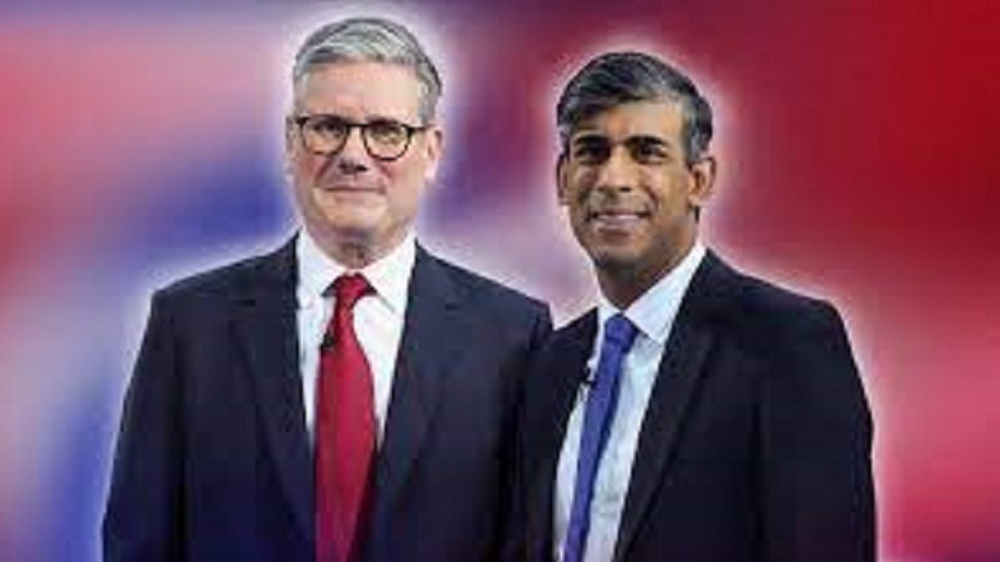
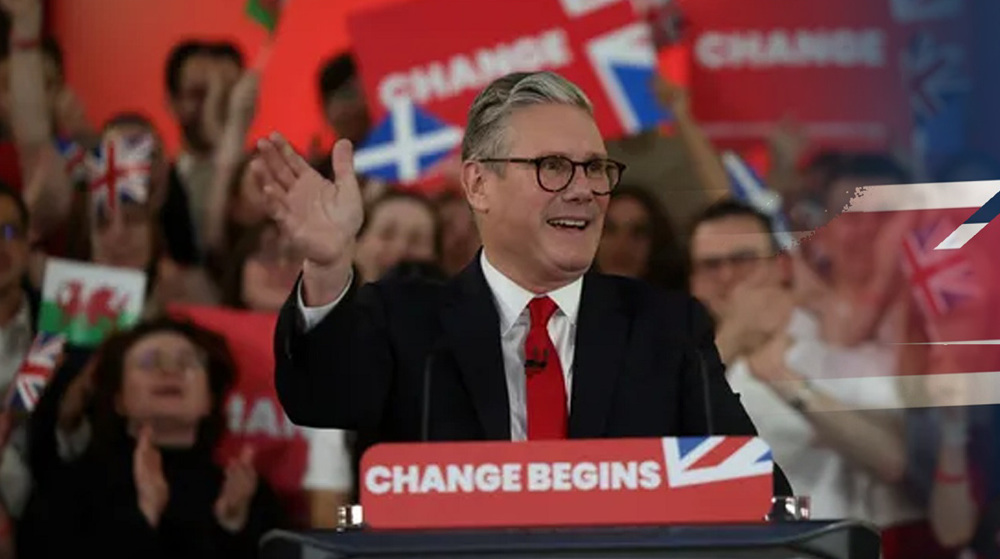
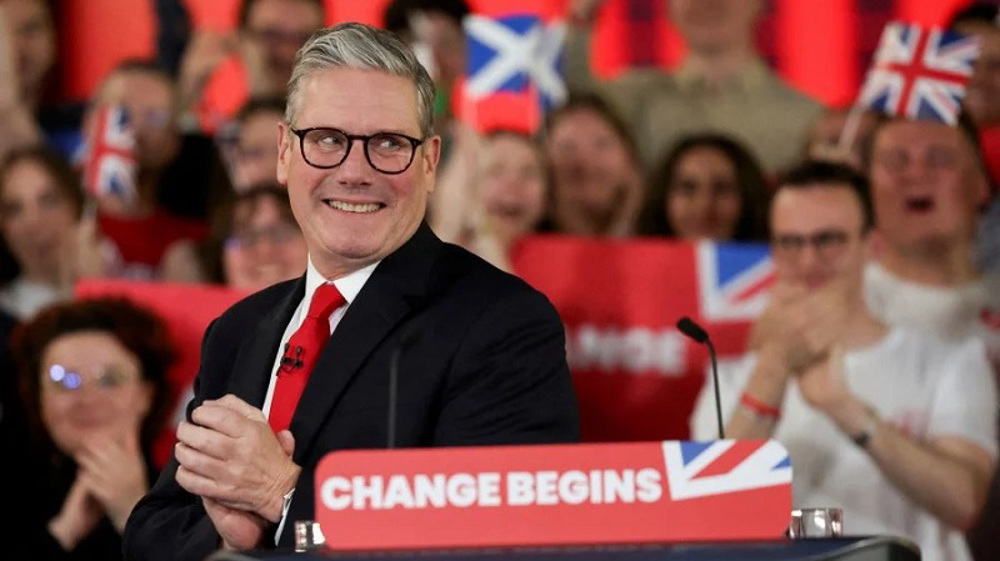
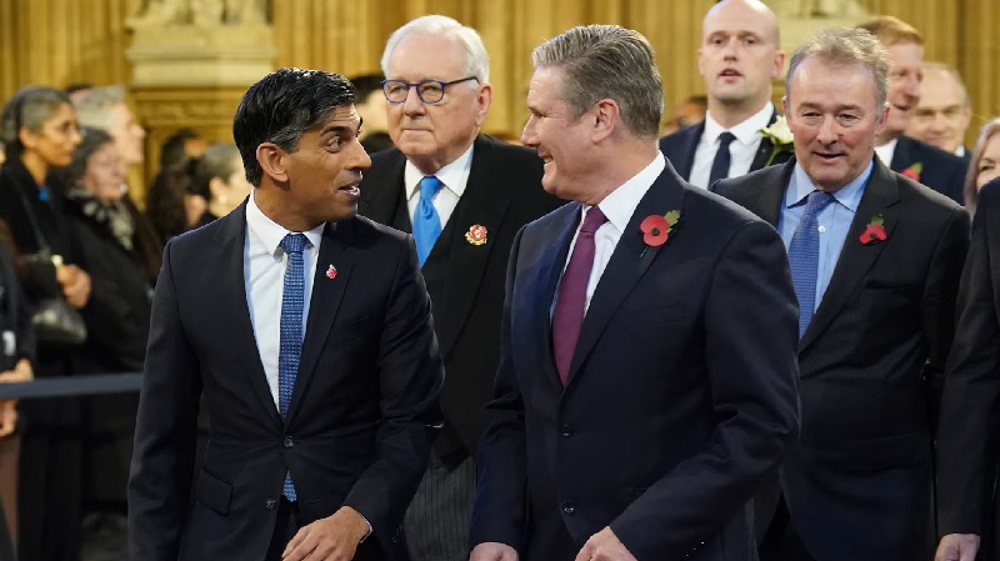

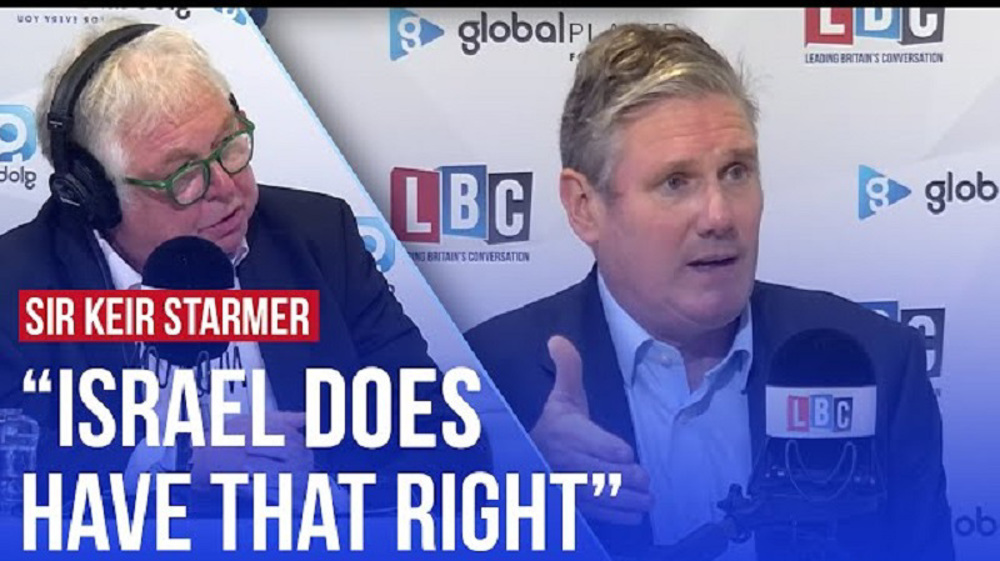

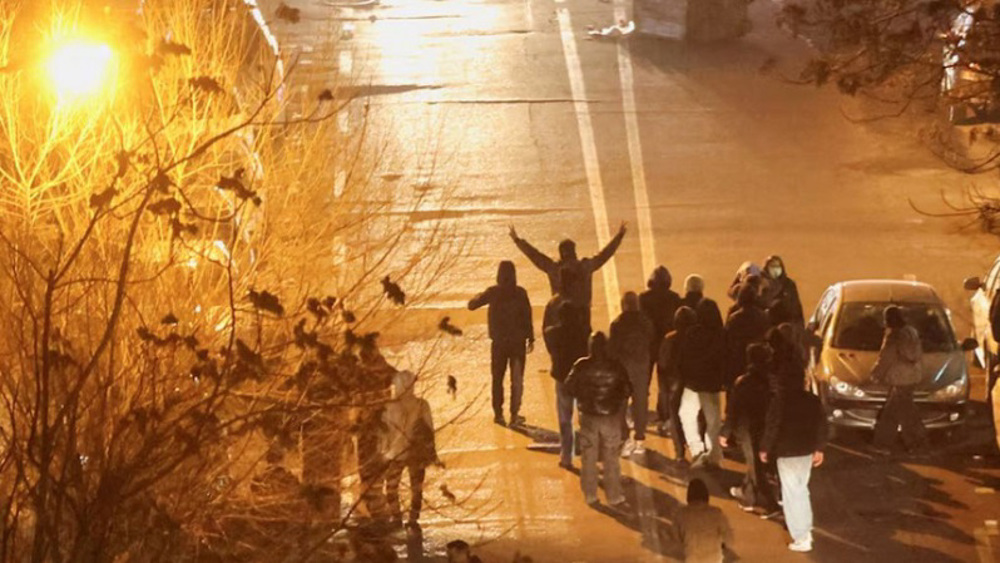




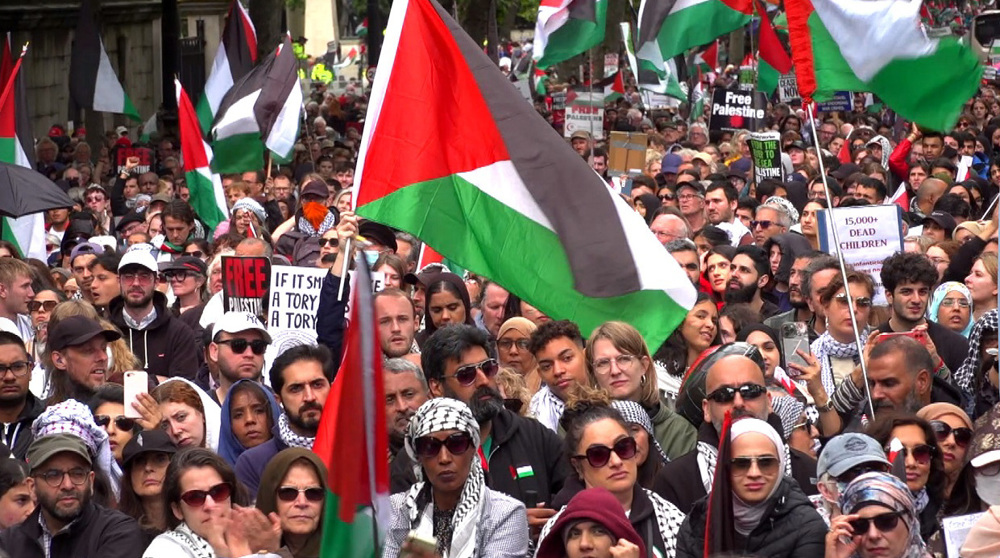
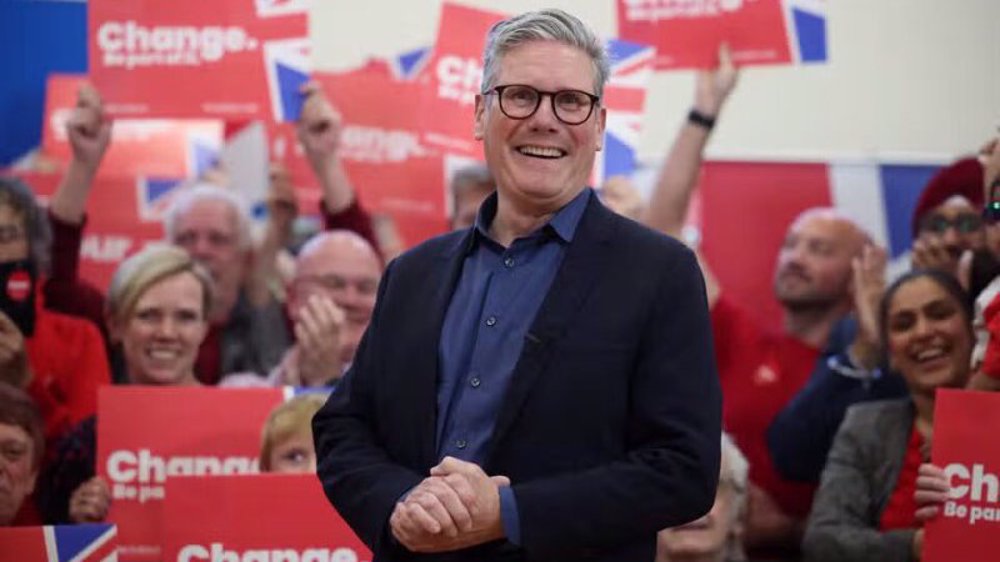
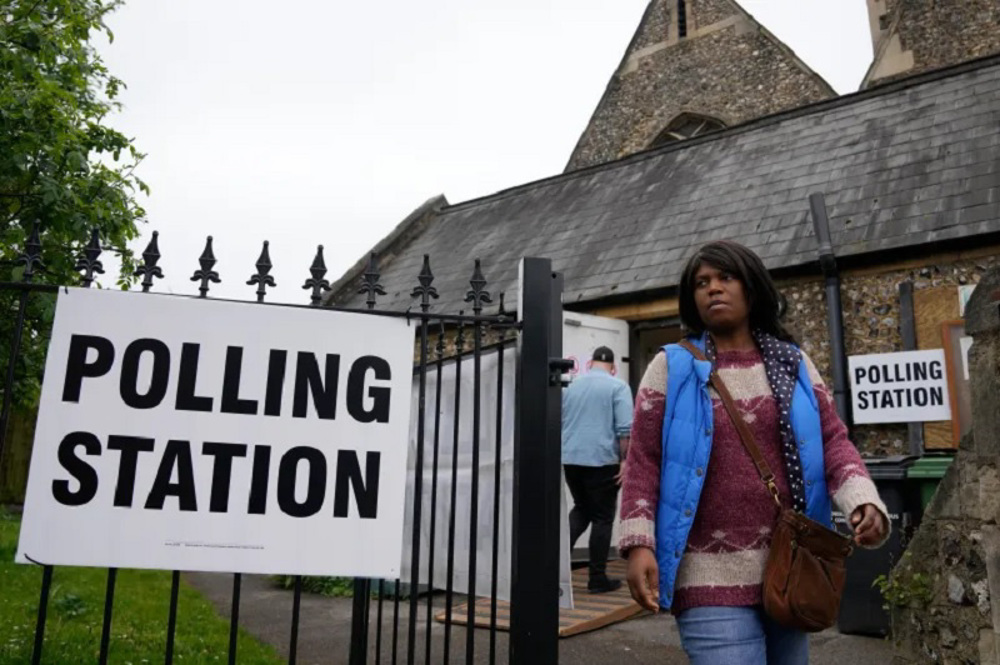
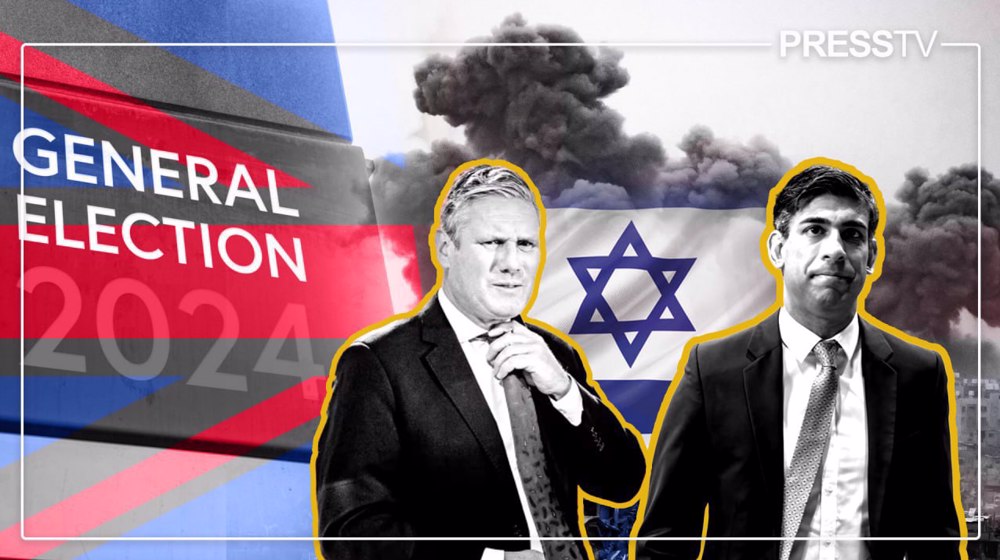
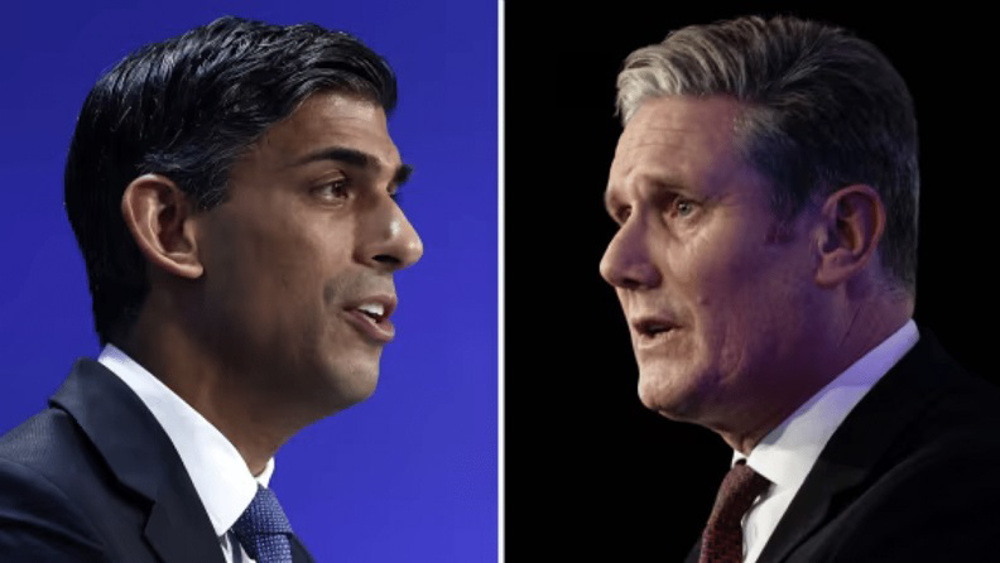

 This makes it easy to access the Press TV website
This makes it easy to access the Press TV website